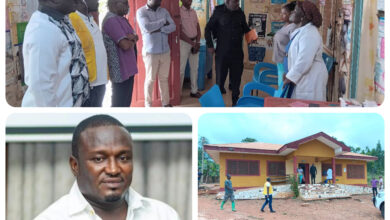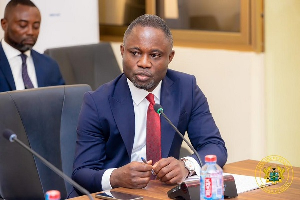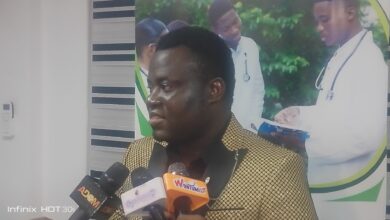“Local Herbs Are Effective, Ignore Naysayers”: KNUST Herbal Medicine Head Dispels Myths, Applauds Philanthropic Gesture:
Debunking Myths: KNUST Herbal Medicine Head Champions Local Herbs, Thanks Philanthropists:
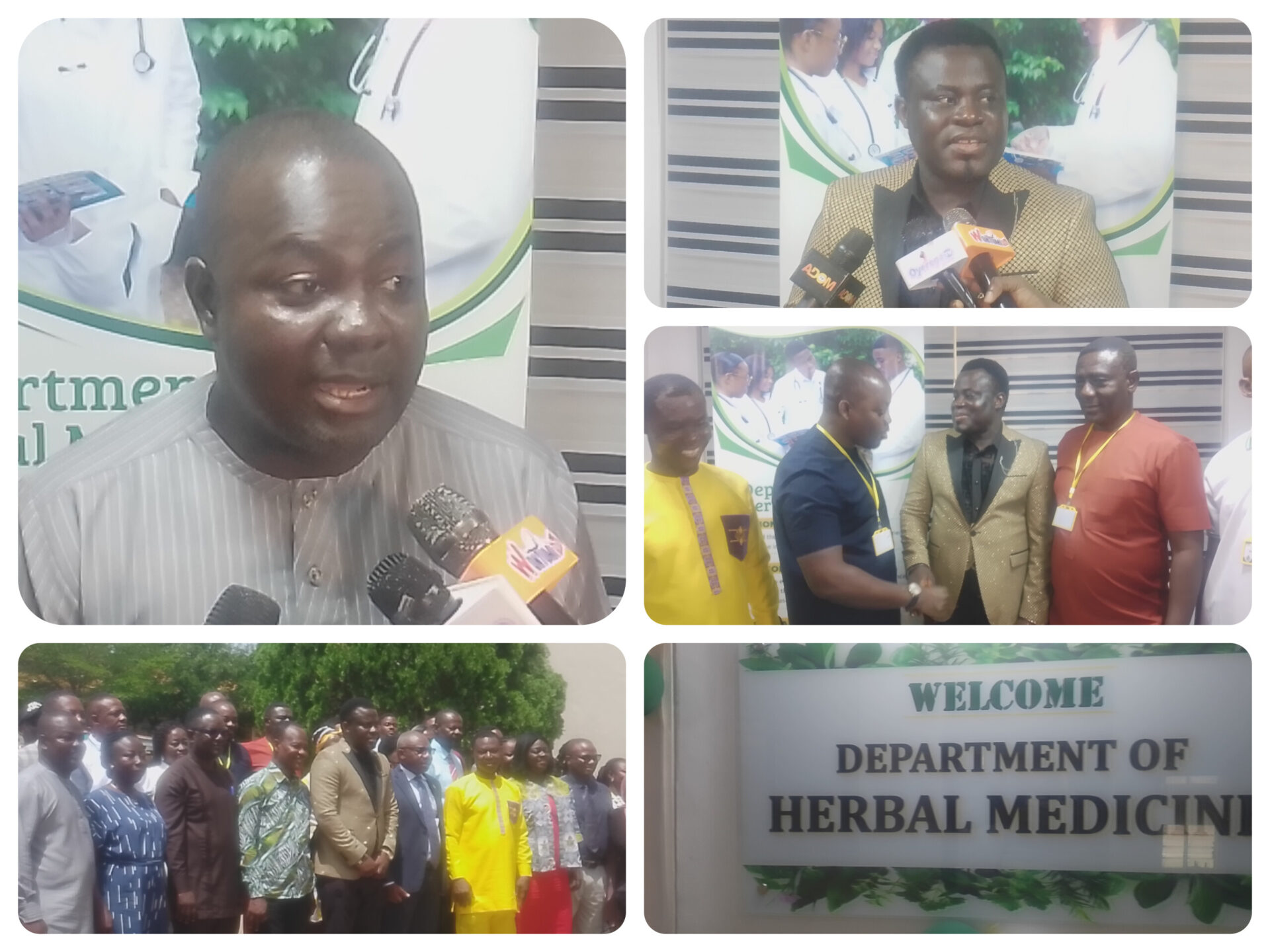
Professor I.K. Amponsah, Head of the Department at the School of Herbal Medicine, Kwame Nkrumah University of Science and Technology (KNUST), has issued a strong caution against the blanket condemnation of herbal medicines.
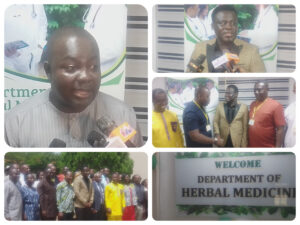
He urged the public and policymakers to refrain from making unsubstantiated claims regarding the effects of herbal remedies on organs such as the kidneys and liver.
Speaking at the commissioning of the department’s newly renovated facility, a ceremony attended by faculty, herbal practitioners, students, and media Professor Amponsah directly addressed recent criticisms of herbal remedies. He referenced earlier comments by Dr. Adu-Gyamfi Atuahene Boateng, CEO of Medimafo Herbal Hospital, who had denounced those who indiscriminately associate herbal medicines with kidney issues.
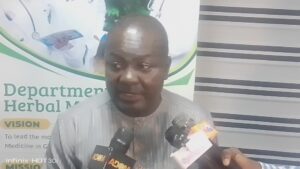
Professor Amponsah emphasized that, while isolated cases of adverse effects from specific products may exist, it is both misleading and harmful to issue sweeping statements about the entire herbal medicine industry.
“If it concerns a particular product, and there is evidence that it has caused harm, we must be specific and firm in pointing that out based on facts. However, many standardized herbal products, prescribed in hospitals and used for decades, have undergone rigorous testing and have not been linked to organ damage,” he explained.
He warned that such generalizations risk undermining the growth of Ghana’s herbal medicine sector and stifling local innovation.
If we make such statements, we risk killing the initiative of Ghanaians to develop our own products. During the COVID-19 pandemic, when access to foreign medicines and vaccines was limited, herbal remedies played a crucial role, saving many lives. The lesson, therefore, is to invest in developing and standardizing our own medicines,” Professor Amponsah added.
He also highlighted ongoing efforts to train local manufacturers to meet international standards, with the ambition of matching the success of Asian countries that have become global leaders in herbal medicine exports.

The event also celebrated the significant philanthropic support of Dr. Adu-Gyamfi Atuahene Boateng, popularly known as ‘Dr. Time Da So’. His generosity made the renovation project possible.
Dr. Adu-Gyamfi recounted how quickly he agreed to support the initiative, saying:
It took less than five minutes for me to decide to support when the school approached me. I did this willingly, and I am always ready to do more. We spent about GH¢100,000 on the project. I am happy to see the funds used exactly as promised, and I commend the leadership for their transparency and dedication”.
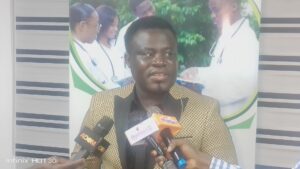
The newly renovated facility marks a new chapter for the School of Herbal Medicine at KNUST, promising enhanced training and research opportunities for students and faculty alike.


